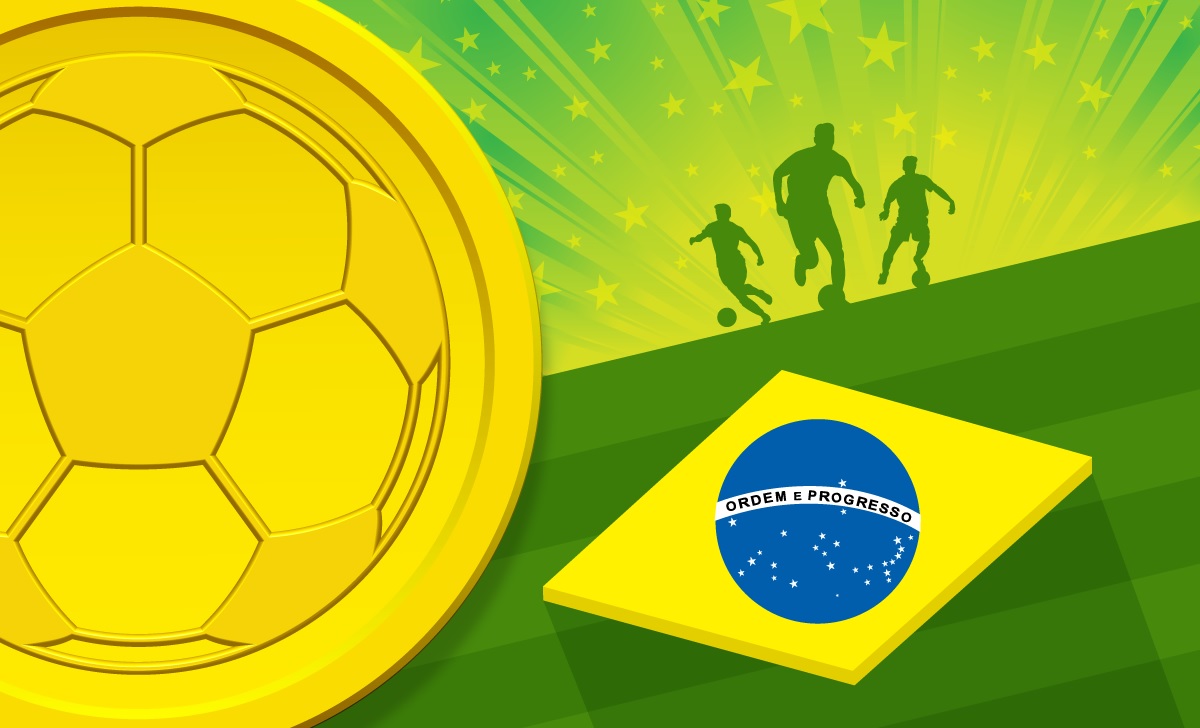RIO DE JANEIRO, BRAZIL – Cruzeiro, Botafogo, and Vasco have already created their SAFs (Sociedades Anônima do Futebol – “Football Limited Company”), transformed their soccer teams into companies, and sold their command to investors interested in turning them into a profitable business.
Several other important forces on the national scene, such as Athletico-PR and Bahia, intend to follow the same path and have club-company format projects in the feasibility study phase.
But who will put money into the various SAFs that are expected to emerge in Brazilian soccer in the coming months?
Five groups or business people who already have experience in the area and own clubs abroad have good reasons to invest in the five-time World Cup champion country.

CITY GROUP
It is the golden ticket that most SAF projects in Brazil would like to find. Financed by money from the royal family of Abu Dhabi (United Arab Emirates), the conglomerate’s prominent exponent is Manchester City. This club has won five English titles and was once a finalist in the European Champions League since it went into their hands.
In total, the group owns nine teams on four continents and is present in France’s first division (Troyes), Spain’s second division (Girona), and Major League Soccer (New York City).
In Brazil, it is studying two possibilities for entry. Investing money in a team more consolidated on the national scene, or practically starting from scratch with a team of little relevance, renaming it, and changing the uniform and visual identity.
FOSUN INTERNATIONAL
It isn’t easy to find a type of business in which these Chinese are not involved. The group’s investment portfolio includes the financial sector, the pharmaceutical industry, technology, fashion, and even the globally famous Cirque du Soleil.
In soccer, Fosun International owns Wolverhampton, a club in England that invests massively in signing Portuguese players because of its proximity to the famous businessman Jorge Mendes, the same man who manages Cristiano Ronaldo’s career. And it is precisely because of the partnership with this agent, who has always had scouts working in Brazil to find young talent and take them to Portugal, that the Chinese conglomerate may be interested in further diversifying its operations and putting money in a club in Brazil.
POZZO FAMILY
Giampaolo, the family patriarch, has owned Udinese since the 1980s. His son Gino runs the English Premier League club Watford. And they have also owned Granada in Spain, which is now in Chinese hands.
The Pozzo management model has always been based on the idea of finding talented young players, especially in South America, maturing them in the family’s clubs (often in more than one), reselling them to more powerful teams, and using this money to sign new good ball boys, starting the cycle all over again.
For this reason, having a team here in Brazil would help the Italians in their work of scouting South American soccer and would probably make the system even more precise.
JOEY SAPUTO
Member of a family of Italian origin that became rich in Canada selling dairy products and pasta sauce, Saputo has been in the world of soccer since the 1990s and has founded two teams in MLS (Major League Soccer): the former Montréal Impact, which died in 2011, and CF Montréal, one of the three current Canadian representatives in the North American league.
In the past decade, the entrepreneur decided to expand his business to Europe and became the majority shareholder of Bologna, which has been uninterruptedly in the Italian first division since 2015. Now, he may follow the same path taken by Vasco’s partner 777 Partners, another North American company that launched its tentacles first to Italy and then came to Brazil.
AMBER CAPITAL
The investment fund led by French businessman Joseph Oughourlian took Lens out of the second division to turn it into a club from the top of the Ligue 1 table, the elite of soccer that won the last World Cup.
Amber Capital is also a shareholder in Padova, which plays in Italy’s third division, and is already in South America, where it controls Colombia’s Millonarios. The fund’s business in soccer has a first connection with the Brazilian businessman Alex Bourgeois, former CEO of São Paulo and Figueirense, who was also the manager of Teisa, a fund that was a partner of Santos in the economic rights of Neymar, at the beginning of the last decade. Therefore, entering the Brazilian market and acquiring a club here is a natural step for Amber.

